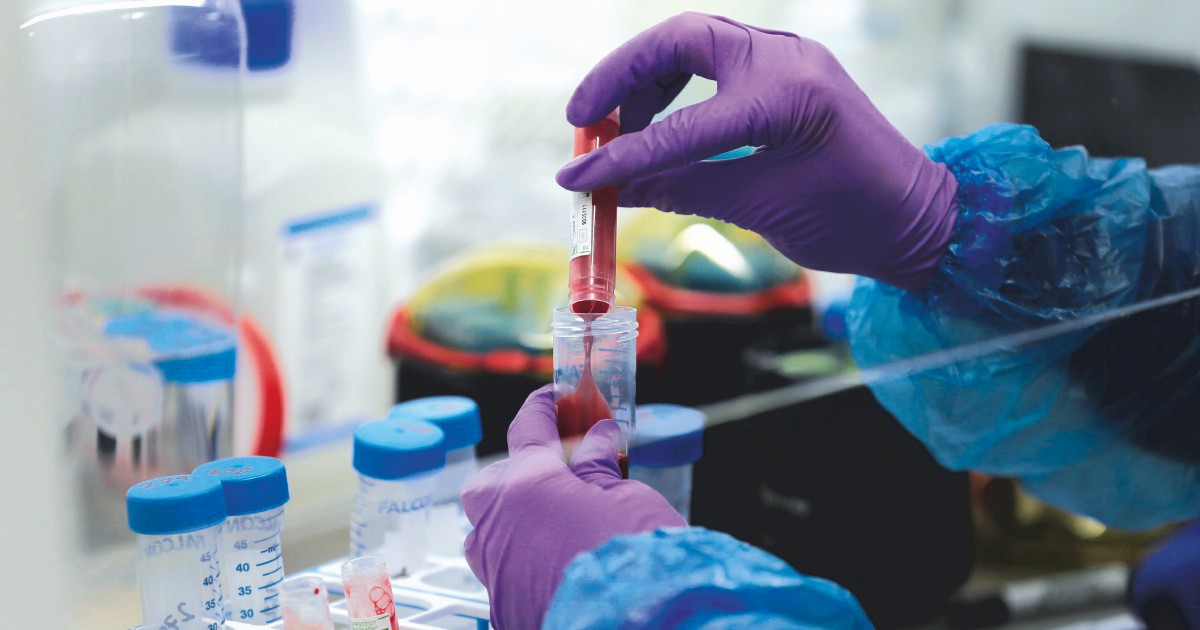They may be “politically incorrect” or even simply disgusting, but farts could play a central role in our health. Both directly, almost as if they were a panacea. Either indirectly, by becoming “spy” of much more complex health problems. For example, the work of David Ancalle, a mechanical engineering student at the Georgia Tech Research Institute. The scientist is training an artificial intelligence system a recognize and analyze the sound of farts, as well as that of urine and feces when they are released in the bathroom. Together with an aerospace engineer, Maia Gatlin, Ancalle has developed a mechanical device, dubbed the SHART, which it is hoped will one day diagnose diseases, such as cholera or even cancer, analyzing the bodily functions of a person, including precisely the farts. The system correlates the sound of farts with the internal geometry of the rectum to detect any abnormal changes. The results achieved so far, which however also concern urination and defecation, were recently presented at the annual conference Fluid Dynamics della American Physical Society. The ultimate goal is to create a portable device, accessible to all that can make a difference, saving thousands or even millions of human lives.
But even before using farts as a diagnostic tool, scientists tried to use them directly as therapy. Or rather to be inspired by them to develop new treatments. As reported by an article by Health Informationa study by the University of Exeter, published in the journal Medicinal Chemistry Communicationsmconcluded that the smell of farts can have unexpected health benefits e it could even help prevent cancer, stroke, heart attack and dementia. This is thanks to hydrogen sulfide, one of several strong, foul-smelling gases produced by bacteria as they break down food in the intestines. It’s toxic in large doses, but scientists say small amounts help protect cells and fight disease. When cells are stressed by disease, they try to attract enzymes to generate their own tiny amounts of hydrogen sulfide. This gas helps preserve the mitochondria, the energy switchboards of the cells, which are also important regulators of inflammation. In light of these findings, researchers have devised a new compound called AP39 to help the body produce the right amount of hydrogen sulfide. They believe that this substance can help prevent or reverse mitochondrial damage, which is a key strategy in treating conditions such as stroke, heart failure, diabetes, arthritis, dementia, and aging.
“When cells are stressed by disease, they take up enzymes to generate minute amounts of hydrogen sulphide,” explained Matt Whiteman of the University of Exeter’s School of Medicine. “This keeps the mitochondria working and allows the cells to live. If this does not happen – he added – the cells die and lose the ability to regulate survival and control inflammation. We took advantage of this natural process creating a compound, called AP39, that slowly releases very small amounts of this gas specifically to the mitochondria,” he concluded. The first results of the tests conducted in the laboratory show chand can help up to 80% more mitochondria to survive highly destructive conditions such as cardiovascular disease.
